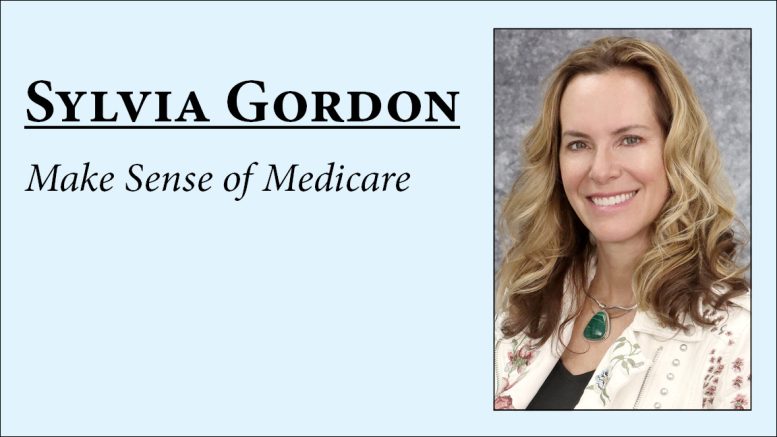You are facing your own retirement and also have questions about your elderly parents. As you approach Medicare at age 65, your parents may be 85.
If your parents move into a nursing home, it becomes a very pressing question: am I personally responsible for mom’s bills? Can Medicare take my home to pay mom’s last medical expenses? Can Medicaid take mom’s home? Can anyone take my home?
No. Adult children are not responsible for the hospital bill or the nursing home costs of a parent – unless you signed taking responsibility. When you take your parent to the ER, the admitting personnel may “encourage” you to sign taking responsibility for the bills.
The Centers for Medicare and Medicaid Services sent a notification letter to nursing facilities and debt collectors on Sept. 8, 2022, about this very topic. The letter kindly “reminds” nursing homes that the law prohibits them “from requesting or requiring that a third party personally guarantee payment to the facility as a condition of a resident’s admission or continued stay in the facility.” The government letter warns nursing homes that they cannot go after the kids to pay the debts of the parents or it will also violate another law, the Fair Debt Collection Practices Act.
If the nursing home turns over the “bad debt” of the kids to a consumer reporting agency it can hurt the credit of the kids. That will violate yet another law, the Fair Credit Reporting Act.
If your parents are going into a nursing facility, and they still have assets to pay for their care, they are responsible for the payments. Do not sign anything. You cannot be pressured to sign anything as a condition of your parent being admitted.
If your mom then depletes her assets, she will qualify for Medicaid (this many mean transferring to a Medicaid facility, which will not be as nice). If you are on her bank account and her Social Security check comes in each month, you are responsible to turn that over to the nursing home. You can’t keep your mom’s money. It now must go to Medicaid to reimburse the state for her care. If you keep her money, then you can run into trouble with the law.
Let’s say that you are living in your mom’s house. She goes to a nursing home. Medicaid won’t force her to sell the house if she has “a reasonable chance of returning to the home.” Clearly, if she has a terminal illness or dementia, she will never be able to go back home. This is handled very differently in New York and California, but in most states like Indiana, nothing happens to the home as long as mom is still alive. After her death, Medicaid can put a lien on the estate to be reimbursed for her care. I’ve had many adult children tell me that they are going to be homeless because of this. Every family should have a plan for nursing home, especially if adult children are living in the home owned by their elderly parents.
There are certain types of trusts that can protect the home from Medicaid. Consult an elder law attorney because these trusts need to be established five years before you or your parents need Medicaid.
Sylvia Gordon is co-founder of The Medicare Family, headquartered in Noblesville, where she educates thousands on Medicare and Social Security in all 50 states. You can learn more at TheMedicareFamily.com.

